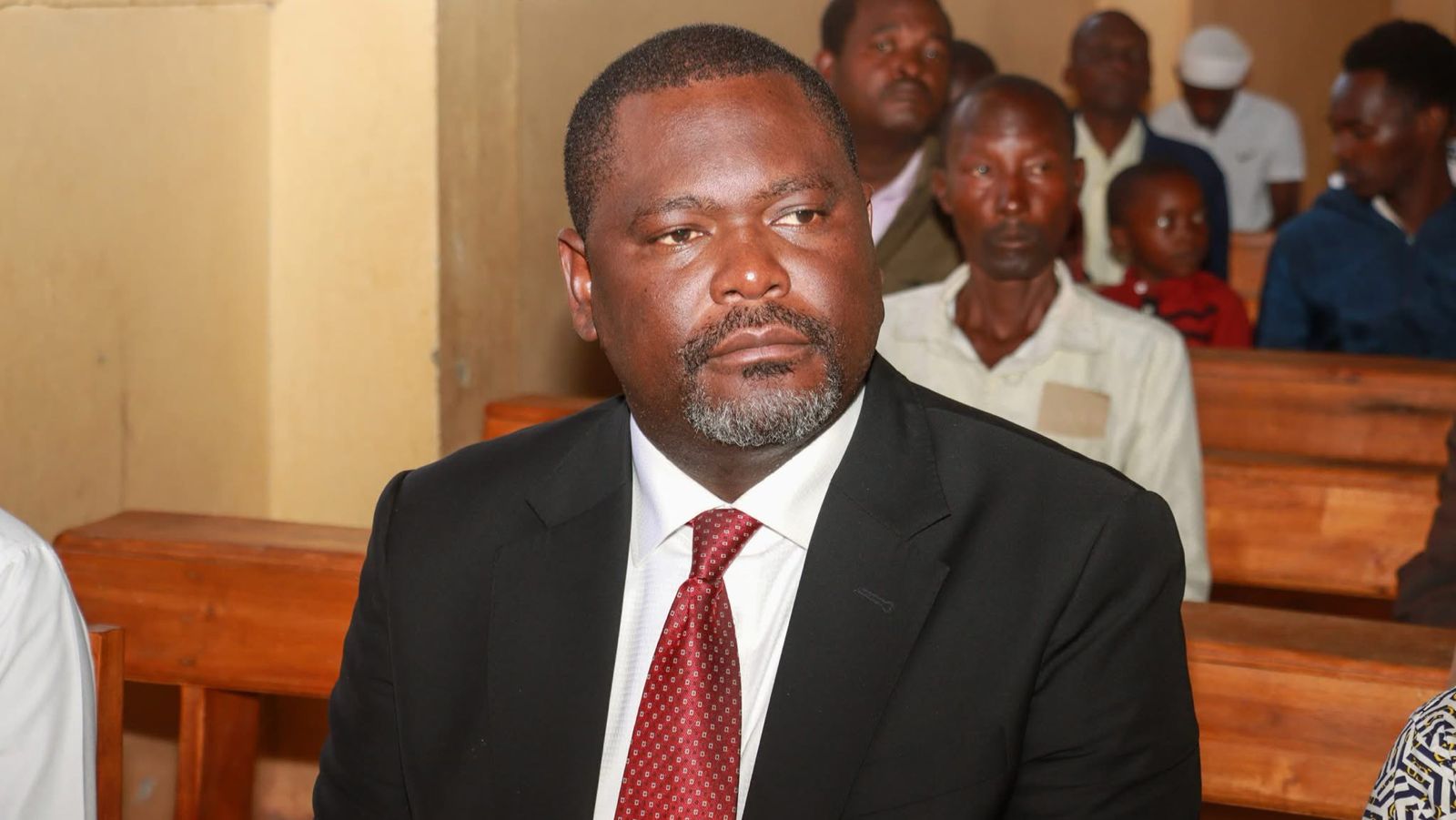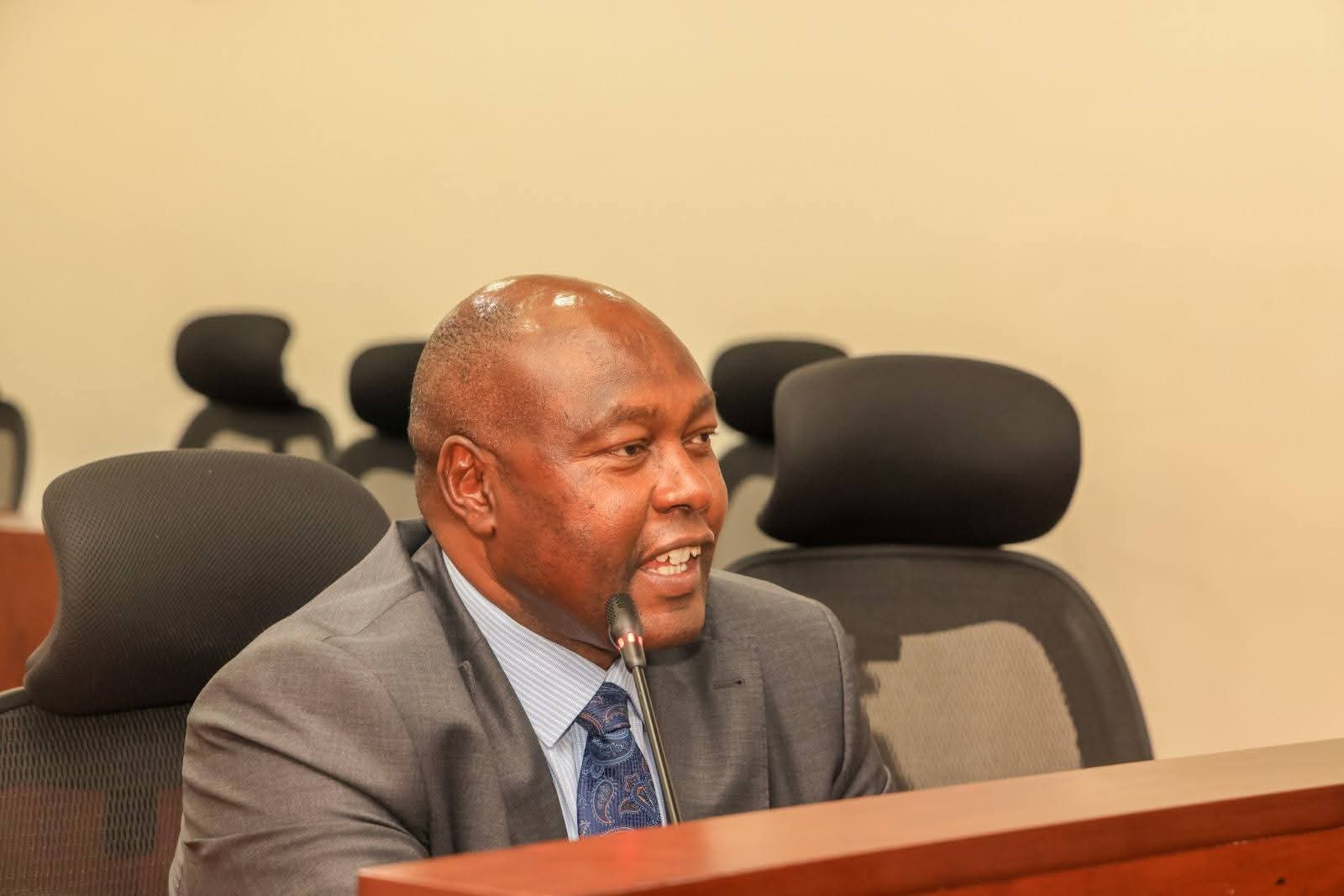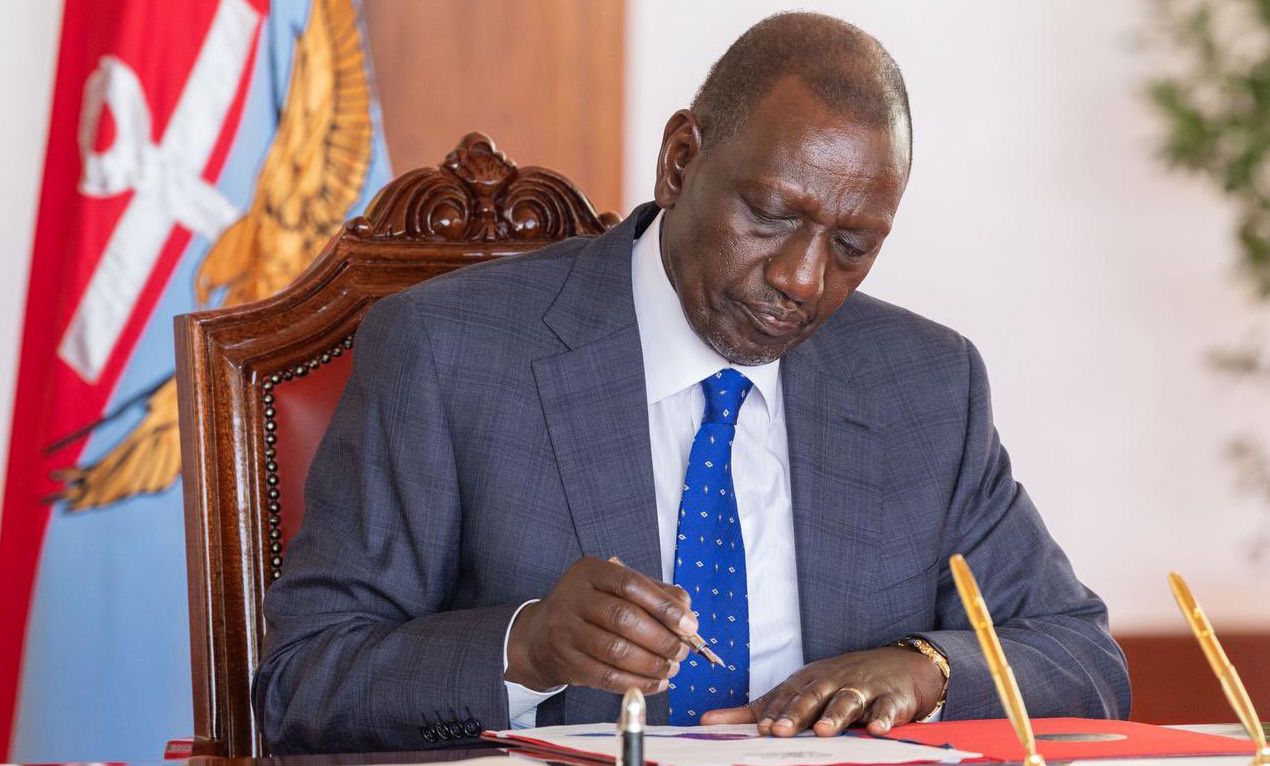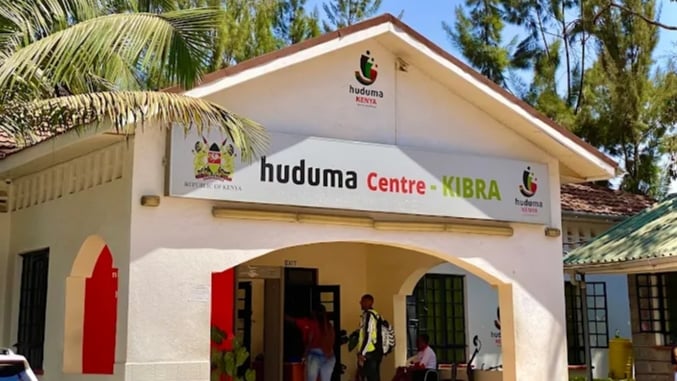Public Service Cabinet Secretary Geoffrey Ruku has reiterated the government’s firm commitment to establish meritocracy within the public service.
Speaking on Friday, May 2, Ruku emphasized that future appointments and promotions will strictly be based on qualifications and performance.
He disclosed that President William Ruto has directed that merit, not connections or favoritism, should guide all employment decisions in the public sector.
"I have instructions from President Ruto that, moving forward, meritocracy must be the norm within public service. People are going to get jobs and be promoted on merit. Employment will not be based on who you know, but on merit, qualifications, experience, and how well you fit to handle the job," he said.
At the same time, Ruku noted the positive strides Kenya has made economically, noting that it has moved from 8th to 6th among Africa’s biggest economies.
Read More
"Kenya has moved from 8th to 6th among Africa’s biggest economies, according to IMF and World Bank figures. For that to happen, there are people in government who have worked very hard to move Kenya in that direction, and one of them is President Ruto," he stated.
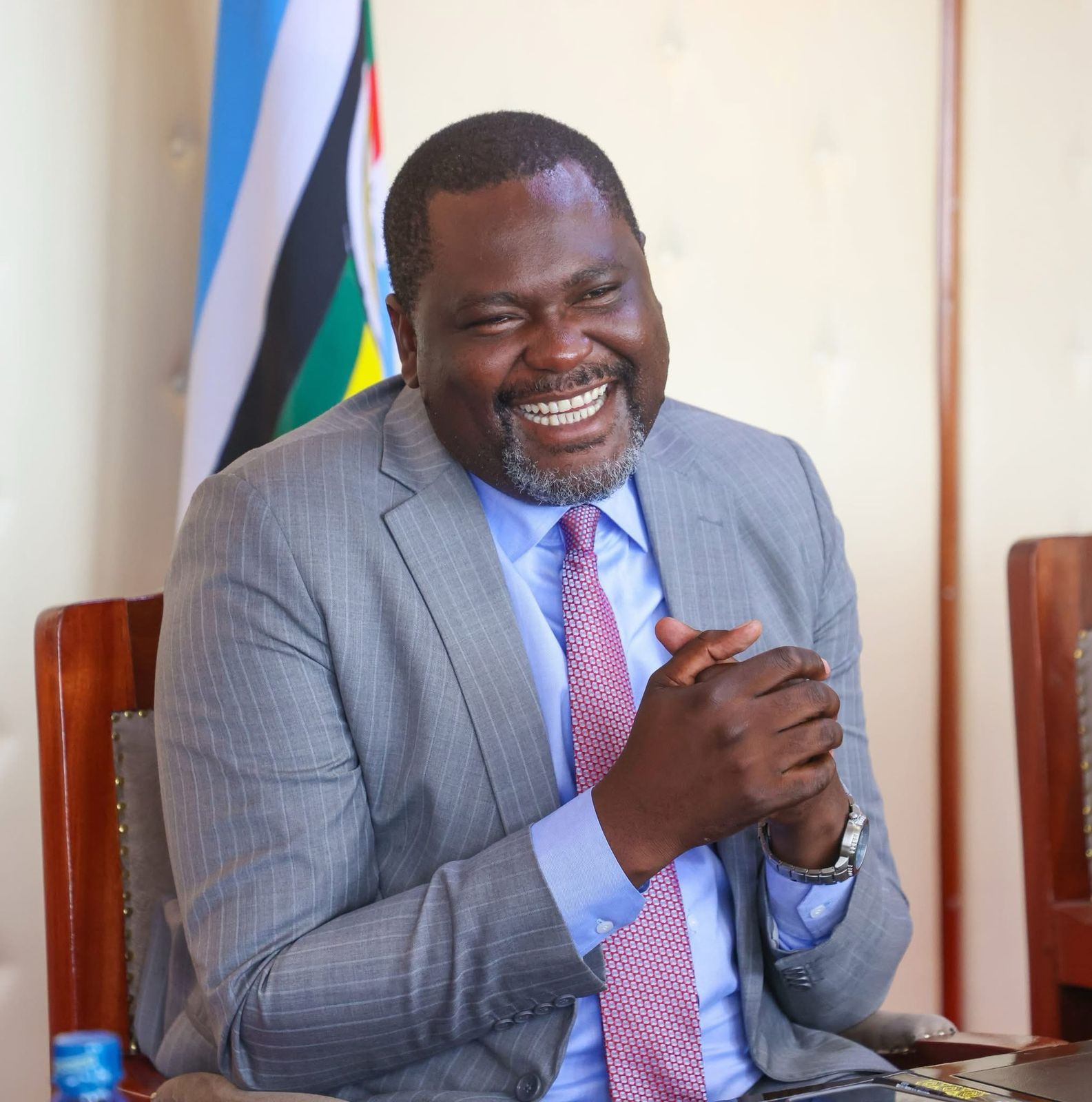
Notably, speaking during Labour Day celebrations on Thursday, May 1, Ruto expressed confidence in the country's growing domestic savings, projecting that the country will accumulate over Ksh1 trillion in national savings by 2027.
He highlighted the country’s previous savings culture, noting that it was underwhelming in comparison to regional neighbours.
Ruto stated that until 2023, the average Kenyan worker contributed only Ksh200 per month to the NSSF, leading to modest national savings of just Ksh320 billion over a 60-year period.
"I'm proud to report to the nation that we are not merely making declarations; we are taking bold, concrete, and measurable steps. We are walking the talk, and here is why: For decades, our national savings culture was stagnant compared to our neighbours in Uganda and Tanzania.
"Until 2023, the average Kenyan worker saved just Ksh200 a month through the National Social Security Fund (NSSF). Over a span of 60 years, we collectively as a nation managed to save only Ksh320 billion,” he explained.
Ruto added that by the end of 2024, Kenya will have doubled its cumulative savings from the previous 60 years and set an ambitious target for 2027.
"By the end of this year, we will have doubled that 60-year figure, and by 2027, we project to have raised over Ksh1 trillion in domestic savings. Kenya’s savings-to-GDP ratio currently stands at between 10% and 12%. My intention is to raise this to 25% in the medium term,” he affirmed.
